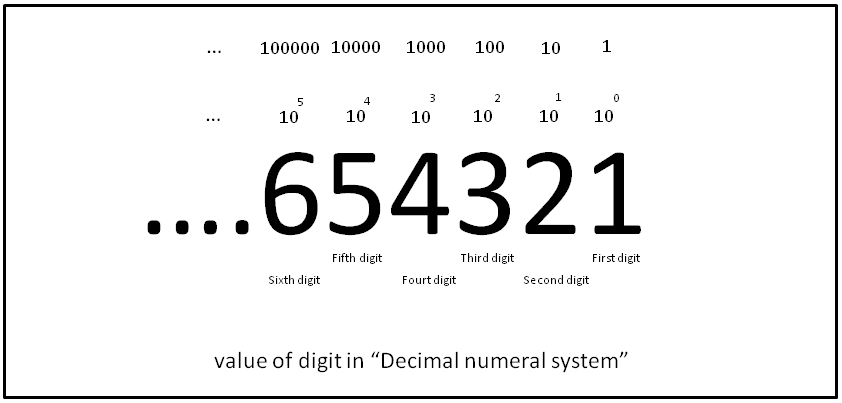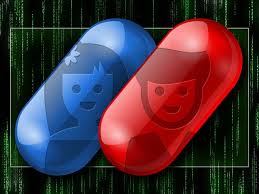Decimal 1/9

Decimals are an integral part of mathematics, offering a precise way to represent fractions and real numbers. One such decimal that stands out is 1/9. In this article, we will delve into the intriguing world of decimal 1/9, exploring its properties, applications, and its significance in various mathematical contexts.
Understanding Decimal 1/9:
Decimal 1/9 is a repeating decimal, often denoted as 0.1111…, with the bar indicating the infinite repetition of the digit 1. When we perform the division 1 ÷ 9, we get the recurring decimal pattern of 0.1111…. This recurring nature is a distinctive feature of the fraction 1/9, and it leads to interesting mathematical properties.
Properties of Decimal:
- Repeating Decimal: As mentioned earlier, the decimal representation of 1/9 is 0.1111…, where the digit 1 repeats infinitely. This repetition is a consequence of dividing 1 by 9.
- Equivalent Fractions: Decimal is equivalent to several other fractions, such as 2/18, 3/27, 4/36, and so on. All these fractions share the same repeating decimal representation, highlighting the concept of equivalence in mathematics.
- Conversion to Percentage: To express decimal as a percentage, we multiply it by 100. This results in 11.1111…%, further emphasizing the recurring nature of the decimal.
- Limitation of Decimal Representation: While the decimal representation of 1/9 is useful for conceptual understanding, it poses a challenge in practical calculations due to the infinite repetition of digits. In such cases, it is often more convenient to work with the fraction form rather than its decimal equivalent.
Applications of Decimal 1/9:
- Cyclic Patterns in Mathematics: The recurring nature of decimal introduces students to the concept of cyclic patterns in mathematics. This understanding is crucial in various mathematical fields, including number theory and algebra.
- Digital Representations: In computer science and digital communication, understanding repeating decimals is essential. The concept of 1/9 as a repeating decimal can be applied to analyze and design algorithms for data compression, error correction, and signal processing.
- Mathematical Puzzles and Games: Decimal 1/9 often appears in mathematical puzzles and games that involve patterns and sequences. Exploring the properties of this decimal can enhance problem-solving skills and logical reasoning.
- Education and Pedagogy: In the field of education, decimal 1/9 serves as an excellent example for educators to teach the concept of recurring decimals. It provides a tangible illustration of how fractions can be represented in decimal form.
Significance in Number Theory:
Decimal 1/9 has intriguing connections to number theory, a branch of mathematics that explores the properties and relationships of numbers. The recurring decimal pattern of 1/9 is an example of a repeating decimal, and understanding such patterns contributes to a deeper comprehension of number theory concepts.
Recurring Decimals and Rational Numbers: Decimal 1/9 falls into the category of rational numbers, which are numbers that can be expressed as a fraction of two integers. The recurring decimal nature of 1/9 exemplifies how certain rational numbers result in non-terminating, repeating decimals.
Irrational Numbers and Contrasts: Comparing the repeating decimal 1/9 with irrational numbers, which have non-repeating and non-terminating decimal expansions, provides insight into the vastness and diversity of the number system. This comparison underscores the significance of decimal 1/9 as a rational number with a distinct recurring pattern.
Conclusion:
Decimal 1/9 is a captivating and educational topic within the realm of mathematics. Its recurring decimal nature, equivalent fractions, and applications in various fields make it a valuable concept for both students and enthusiasts. By exploring the properties and significance of decimal, we gain a deeper appreciation for the intricacies of mathematics and its real-world applications. Whether used in educational settings or applied to solve complex problems, the study of decimal contributes to a richer understanding of the numerical world we navigate.





